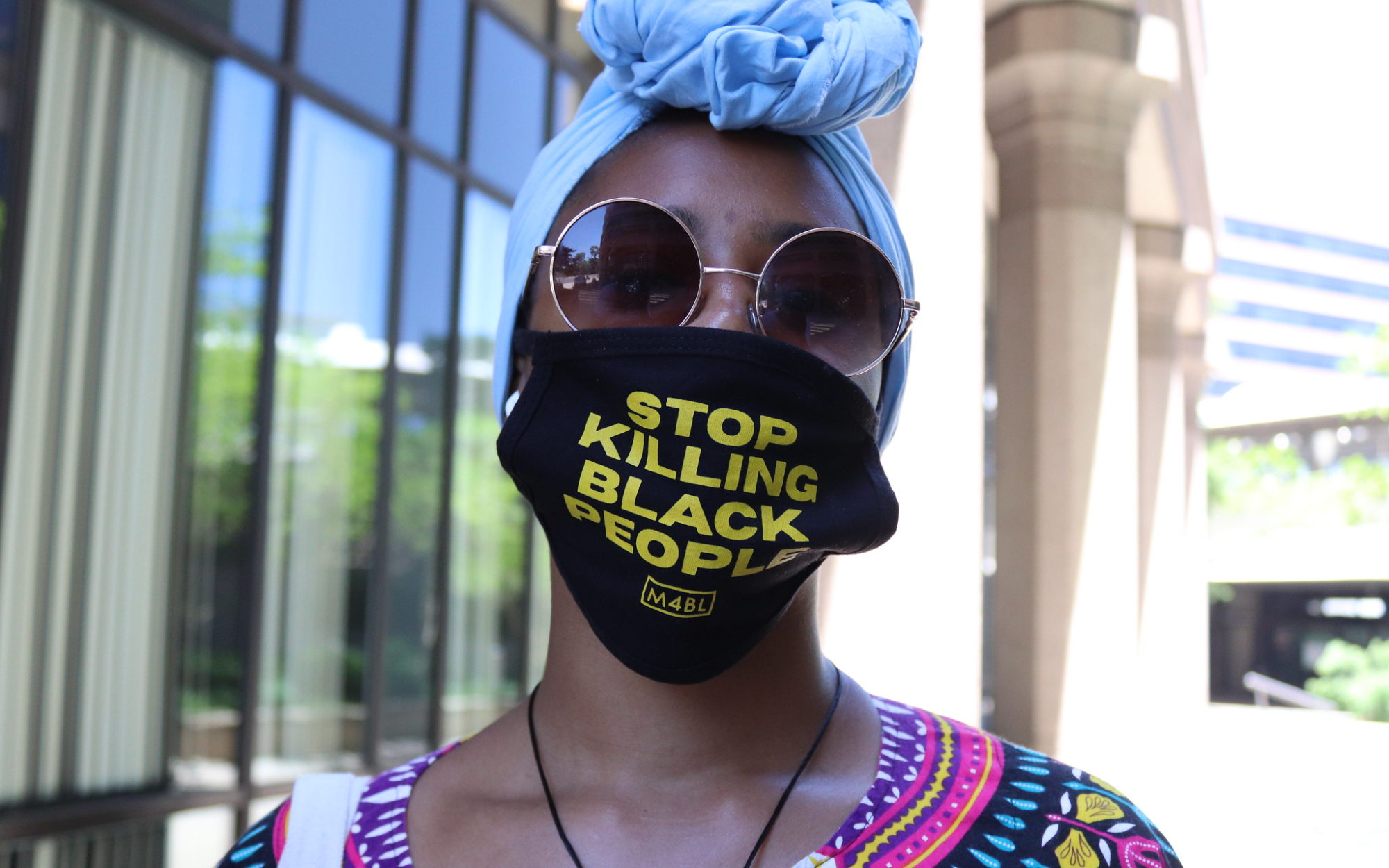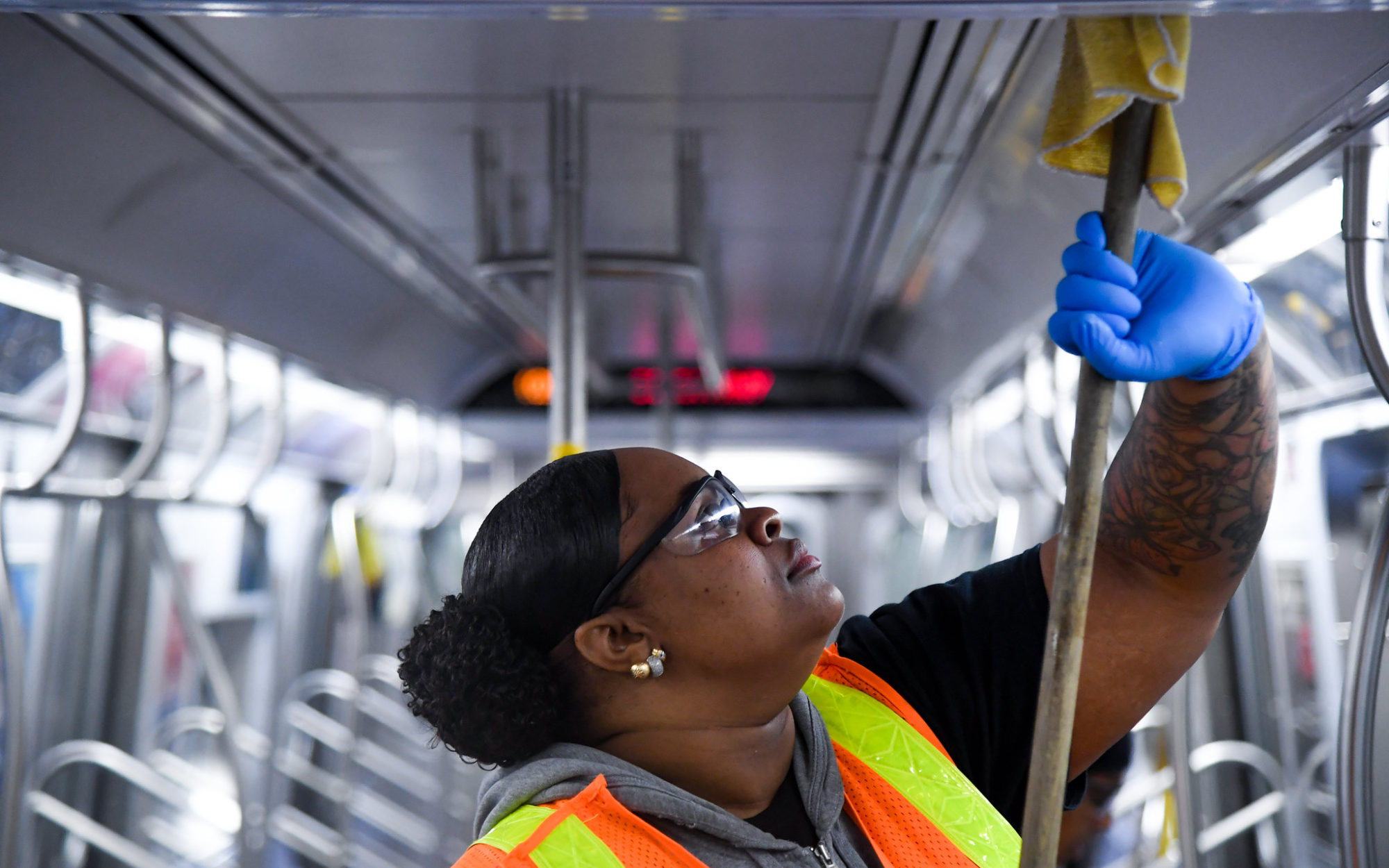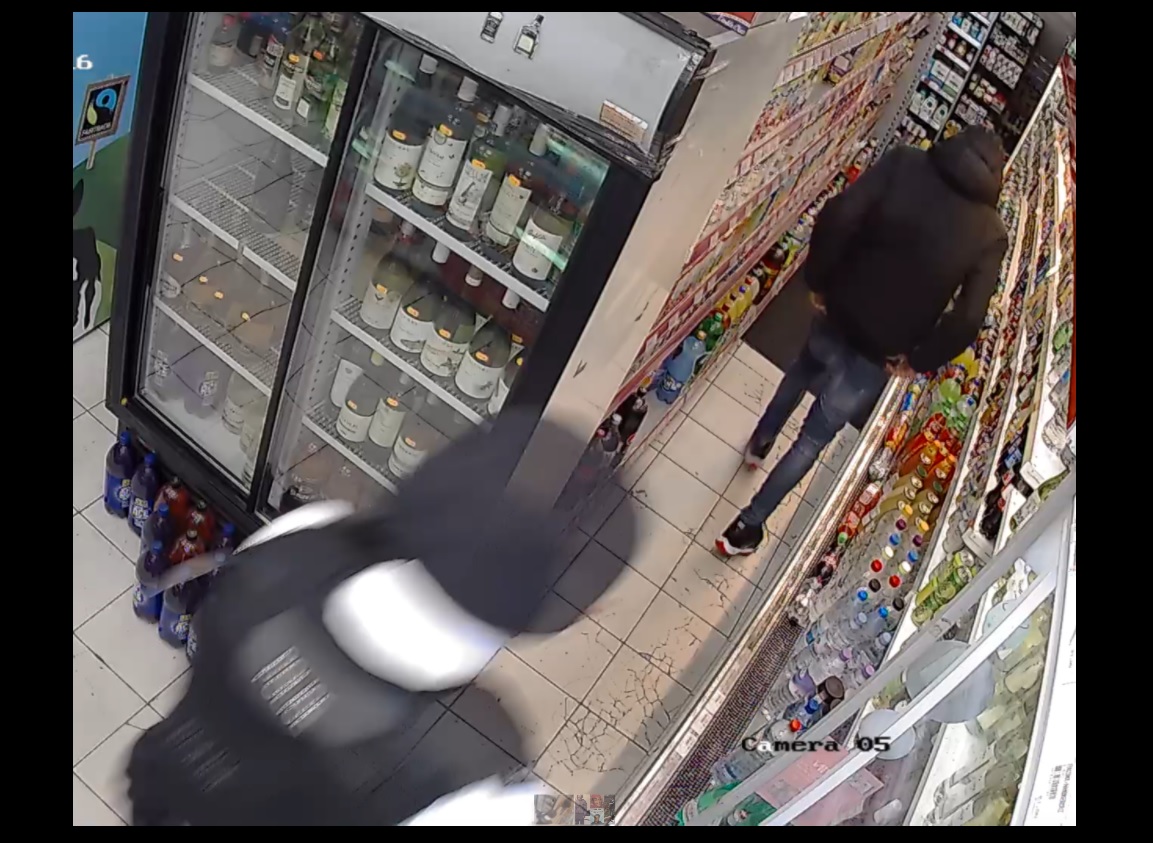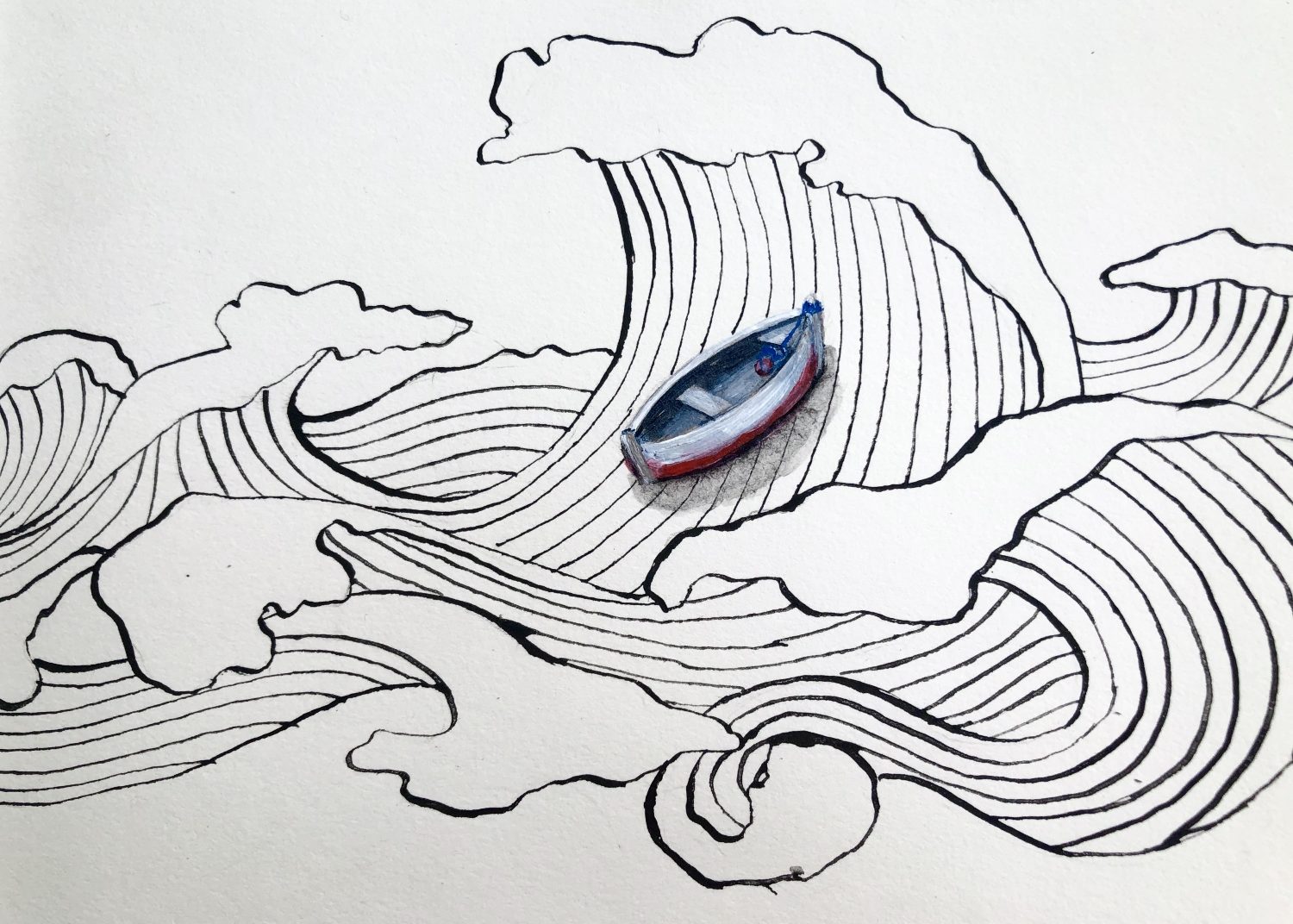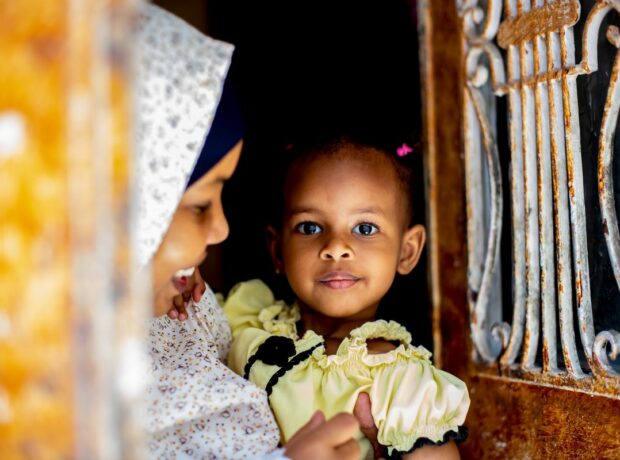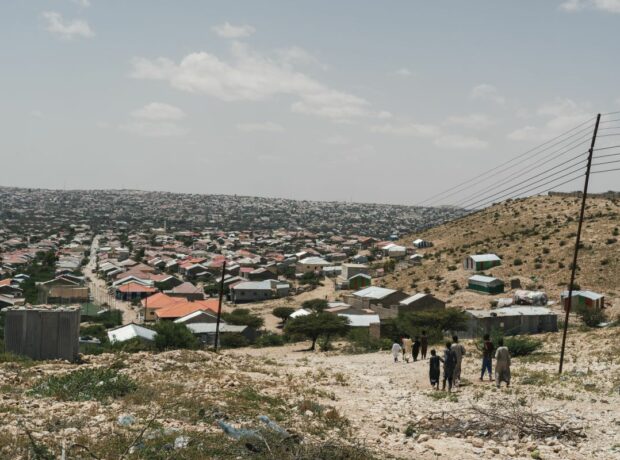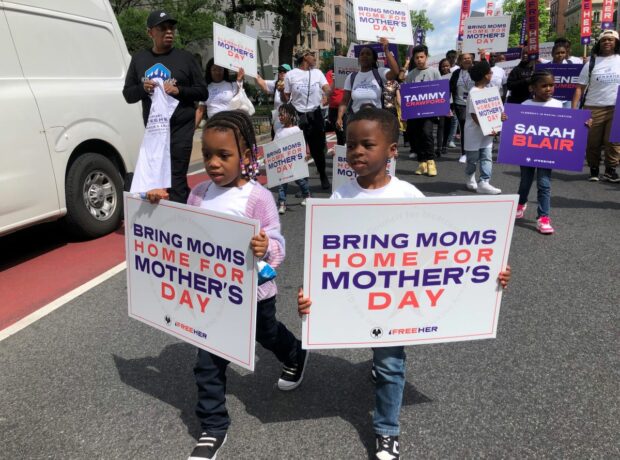In a year like no other what have we learned about ourselves and what our communities could become? We’ve braved the unchartered waters of a global pandemic and witnessed the uprising of the Black Lives Matter movement. We have mourned the world that once was, and, at times, dared to imagine a better future. Our stories from 2020 serve as a reminder that there is still work to be done. Follow us from the UK to Poland, Italy, the US, Mexico and Bangladesh in our editor’s pick of the most noteworthy, enraging and inspiring stories from an extraordinary year.
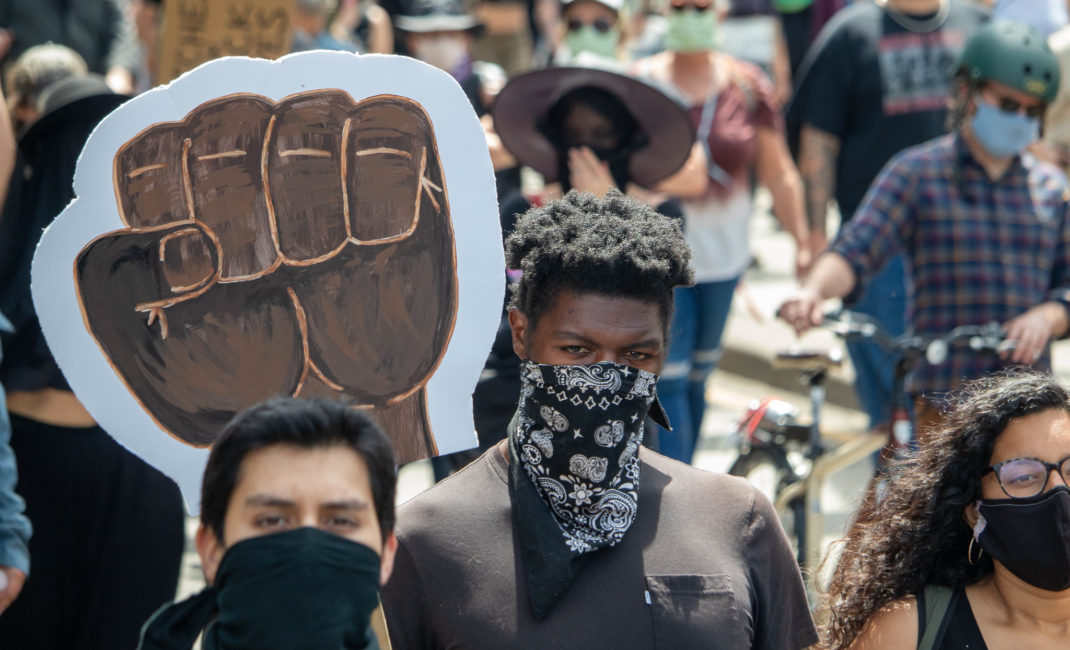
George Floyd: Why the sight of these brave, exhausted protesters gives me hope
What you’re witnessing is Black America exhaling and breathing fire all over the country.”
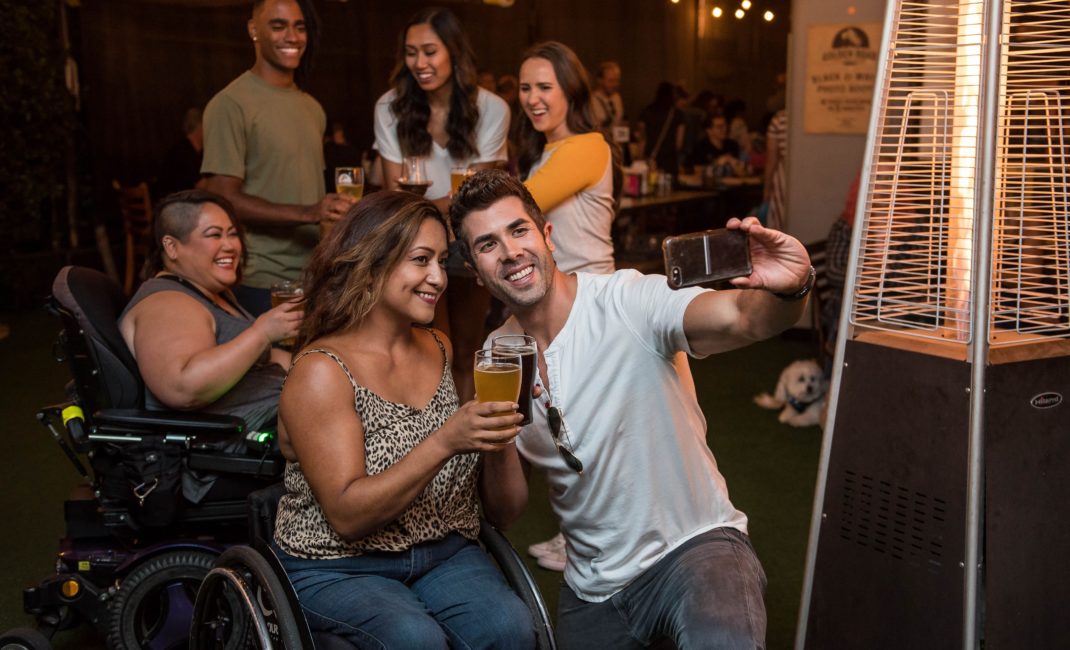
Even I have a tendency to talk about my partner like some kind of saint. Disabled people might call this internalised ableism.”
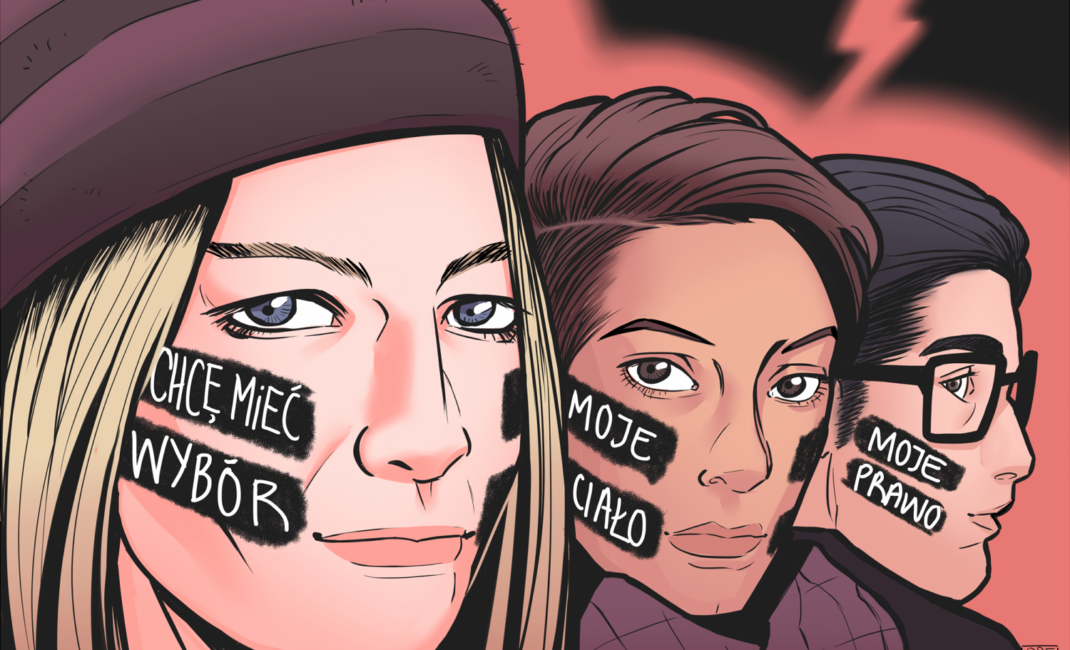
Abortion Without Borders: Feminists across Europe unite against Poland’s restrictive laws
We come from different political backgrounds, maybe different economic backgrounds, but we have a commitment to getting this woman an abortion. It’s the most important thing we have to do, and everything else is second.”
Meet the Abortion Without Borders women who are working across European borders to resist threats to reproductive rights in Poland. Read the full story here and find the Polish language version here.
Coronavirus reminds us that America doesn’t like Black people
These instances collectively illustrate the coronavirus as a lose-lose situation for Black people who exist in public. This pandemic has created bold new ways to police and marginalise Black bodies.”
Early in the year, at the same time racist attacks by both the public and the police were leading the news agenda, it became clear that Covid-19 killing was black Americans at three times the rate it was killing white people. Yale PhD student Kathryn Graves explores how the pandemic has exposed the institutional racism that defines the second-class status of Black people in the US. Read the full story.
Rashan Charles: “Accidental death” of a young Black Londoner under police restraint
Rashan Charles was a loving father to his daughter, who was coming up to two years old when he died. He was a beloved son, friend, nephew, cousin, brother and, as Rod puts it, “an integral part of the family”.
While global attention has been drawn to the deaths of Black people in police custody in the US, investigative journalism unit Shine A Light have turned the spotlight on the UK’s record of deaths during or after police detention. This new documentary about the death of Rashan Charles under police restraint examines previously unseen CCTV footage, questions the quality of the investigation and criticises the “accidental” deletion of evidence. Read the full story here and find Rebecca Omonira-Oyekanmi’s story about Britain’s George Floyds here.
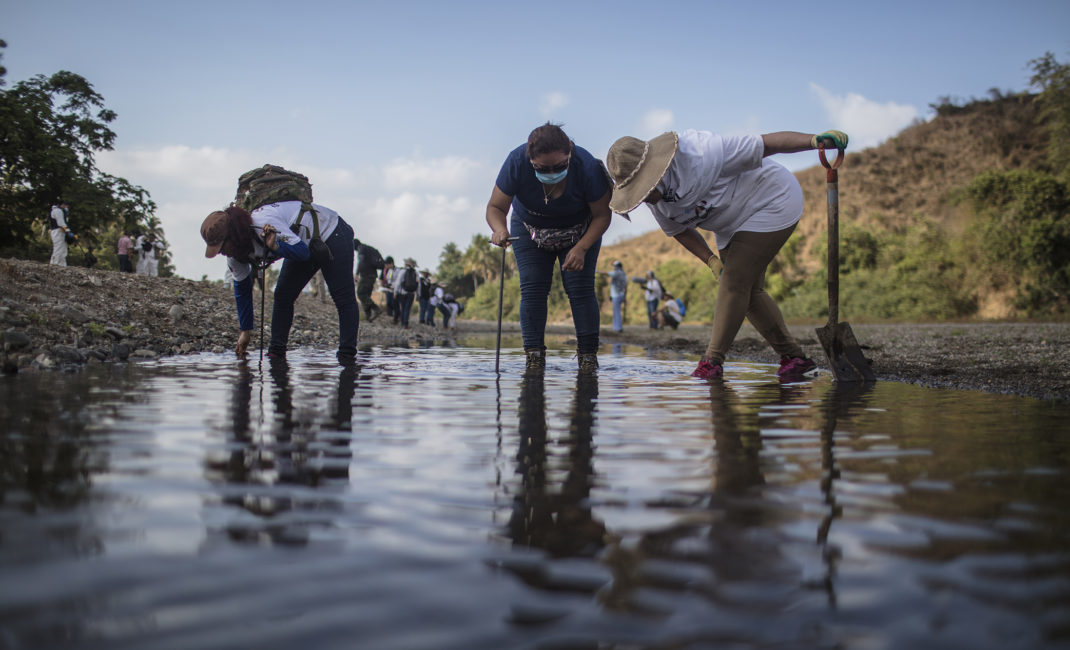
Mexico’s disappeared: Families seek truth, justice and memory in Michoacán
Memory is so important. It is important so that this does not happen again. It is important in resisting against forgetting, and against the social and institutional silence that continues to be imposed upon us.”
In Michoacán, Mexico, a woman whose father and two brothers were disappeared in separate incidents speaks out about the country’s missing and murdered, criticising the government and its smokescreen “War on drugs”. Read the full story here.
An open letter to the Desi community on colourism and anti-Blackness
“None of this is an easy conversation to have. If it was easy, we would have had it years ago. And for Belly Mujinga, for Shukri Abdi, even for George Floyd, arguably now is too late, because they are no longer with us, and racism was the weapon that killed them. “
Desi writer Deenah al-Aqsa explores anti-Blackness and colourism within herself and within her culture, saying the dismantling of systemic racism has to start at home. Read the full story here and find Deenah’s other work here.
How can we trace and name each refugee who has drowned in the Mediterranean?
This particular image is stuck in my mind because to me it is a symbol of what these families are forced to go through. “Not only must they resign themselves to the fact that they will no longer see their loved ones and that, in many cases, they will not have a grave to cry on, they must accept that even in death, their children are considered to be second-class citizens.”
In Italy forensic pathologist Cristina Cattaneo is working to identify some of the 20,000 refugees who have died or gone missing while trying to cross the Mediterranean. We hear the stories of them and their relatives and ask why westerners who have seen families fight tirelessly to find missing relatives after 9/11 or the 2004 Boxing Day tsunami fail to imagine that the families of Eritrean, Senegalese or Syrian peopole are desperately searching for their loved ones too. Read the full story.
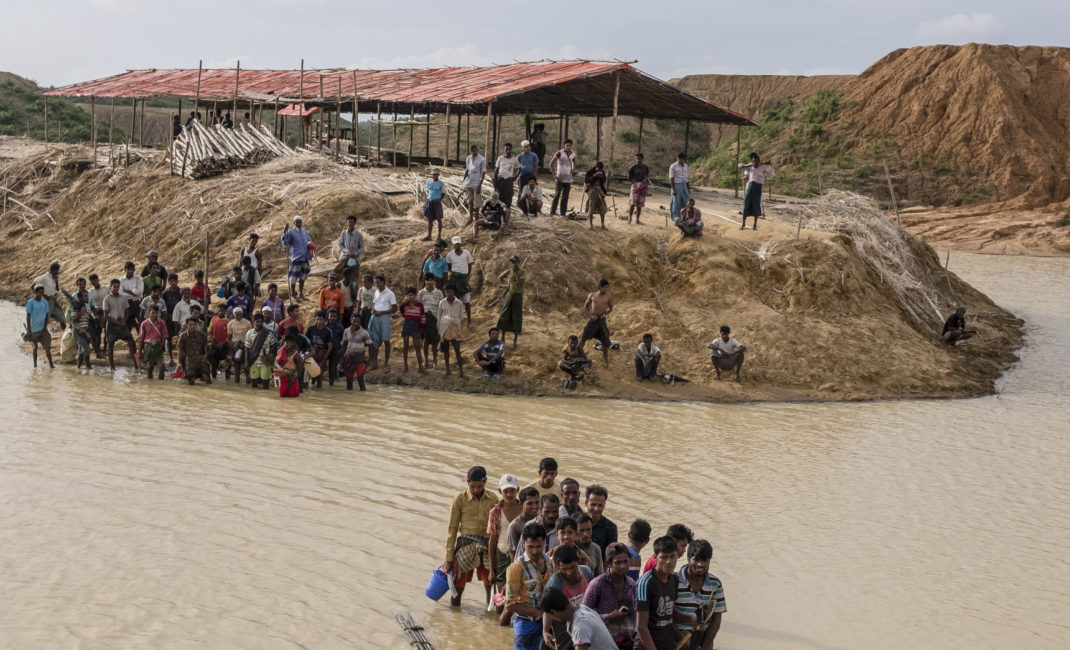
In the western world we tend to think that we as humans are separate from our environment. But the truth is we are part of it. And when we think in this way we can see that the suffering of human beings is the suffering of the environment, and vice versa.”
Amid the dynamic life, community and culture that has been fostered within the Rohingya refugee camps in Bangladesh, photojournalist Gabriele Cecconi attempts to “capture the impact of a sudden, mass migration on a local environment, to observe the plight of people struggling to survive with scarce resources, and to document the impact of migration on a beleaguered ecosystem”. This photo essay tells the tale of resilient survivors who have escaped violence in their own country, only to be met with another gruelling battle of life in an unstable, unproviding environment. Find the gallery here.
Main image by Elvert Barnes.
